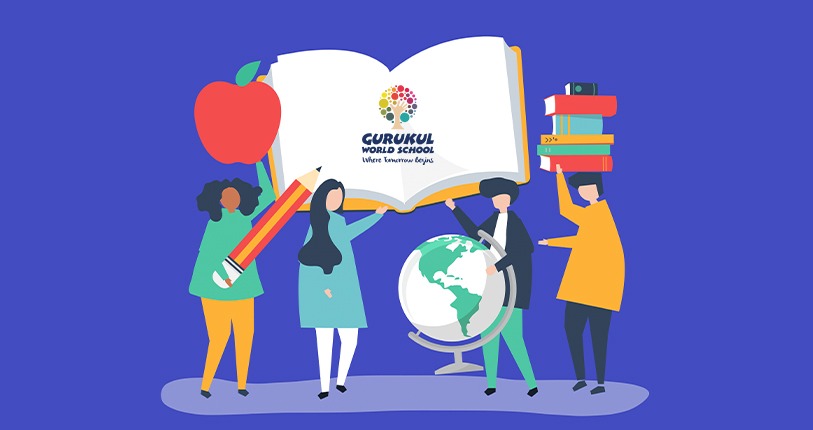In today’s interconnected world, a multicultural education plays a vital role in preparing students to navigate a global society. It goes beyond teaching diversity in a superficial manner, encompassing a comprehensive understanding and appreciation of different cultures, religions and perspectives. By creating a diverse and inclusive school environment, multicultural education fosters empathy, respect and acceptance among students. In this blog, we will explore the significance of multicultural education and how it contributes to fostering a more harmonious and understanding society, with insights from Gurukul World School, among the Top 10 Schools in Mohali.
- Developing Cultural Competence:
Multicultural education equips students with the knowledge, skills and attitudes necessary to interact effectively with individuals from diverse backgrounds. It helps them develop cultural competence, which involves understanding and valuing different cultural practices, beliefs and perspectives. By cultivating cultural competence, students become better equipped to engage with people from various cultures and contribute positively to a multicultural society. - Building Empathy and Tolerance:
A key aspect of multicultural education is promoting empathy and tolerance. Through learning about different cultures, students gain a deeper understanding of the challenges and experiences faced by individuals from diverse backgrounds. This fosters empathy, enabling students to appreciate and respect the uniqueness and struggles of others. Students also gain a greater sense of tolerance, breaking down stereotypes and promoting inclusivity. - Enhancing Global Awareness:
Multicultural education expands students’ global awareness by exposing them to a variety of cultural practices, histories and perspectives. This knowledge helps students develop a broader understanding of the world and its interconnectedness. By learning about other cultures, students gain insights into global issues, develop an appreciation for diversity and become global citizens who contribute positively to a more inclusive and equitable world. - Encouraging Critical Thinking:
Multicultural education encourages critical thinking skills by challenging students to question their own biases and assumptions. It promotes a growth mindset and an understanding that there is not one “right” way of doing things. By engaging in discussions and analysing multiple perspectives, students develop higher-order thinking skills and learn to approach complex issues with open-mindedness and critical inquiry. - Fostering Respect and Inclusion:
By creating a diverse and inclusive school environment, multicultural education fosters a sense of respect and inclusion among students. It promotes an atmosphere where all students feel valued and celebrated, regardless of their cultural or ethnic background. This sense of belonging not only enhances students’ overall well-being but also boosts their academic performance and social development.
Conclusion:
Multicultural education plays a crucial role in creating a diverse and inclusive school environment. By developing cultural competence, building empathy and tolerance, enhancing global awareness, encouraging critical thinking and fostering respect and inclusion, students are better prepared to contribute positively to a multicultural society. Gurukul World School, Best School in Mohali, believes in incorporating multicultural education into the curriculum and creating opportunities for students to engage with diverse perspectives and experiences.




